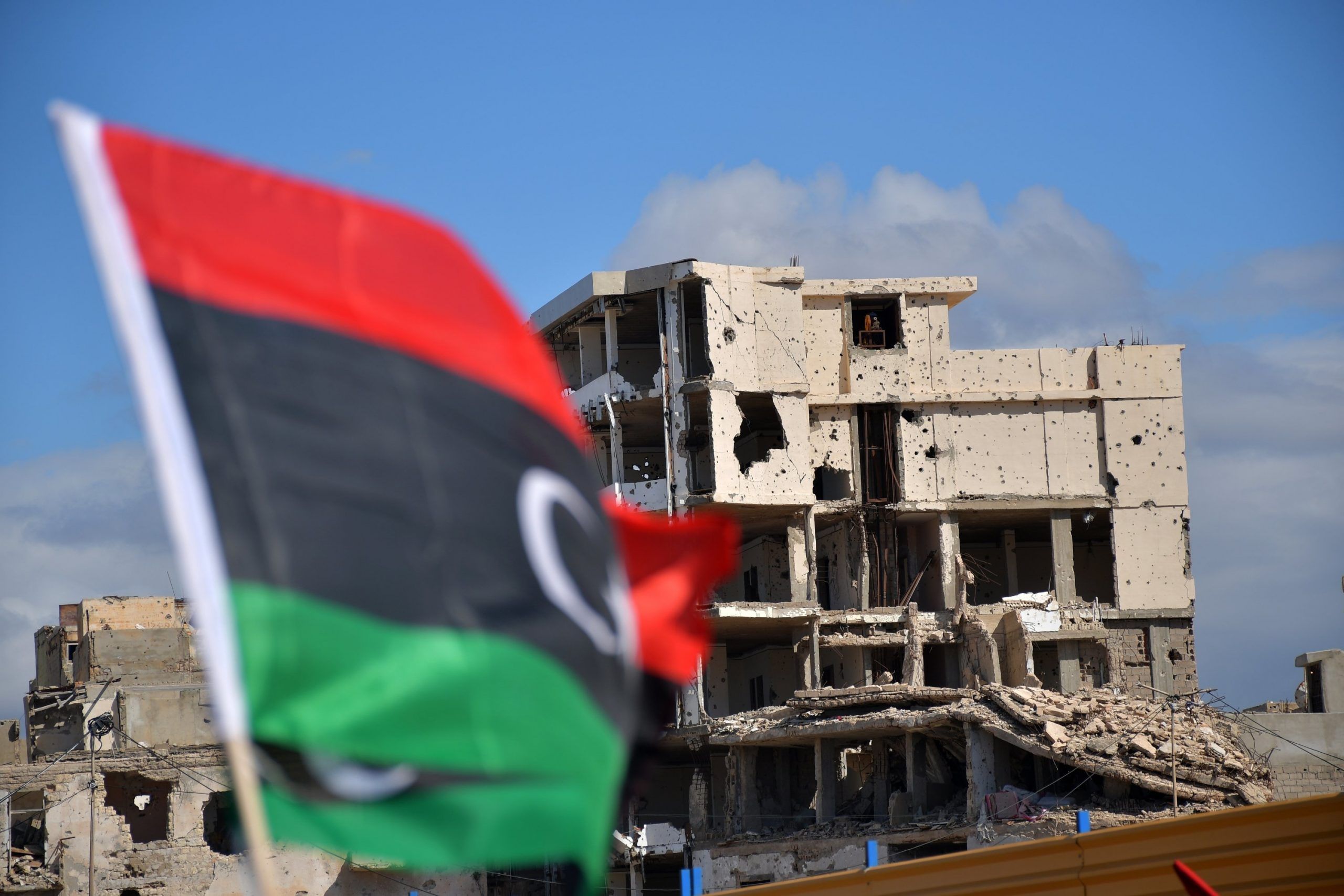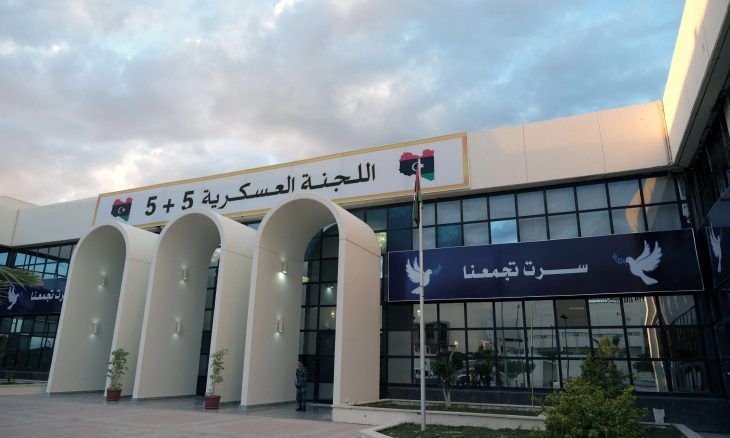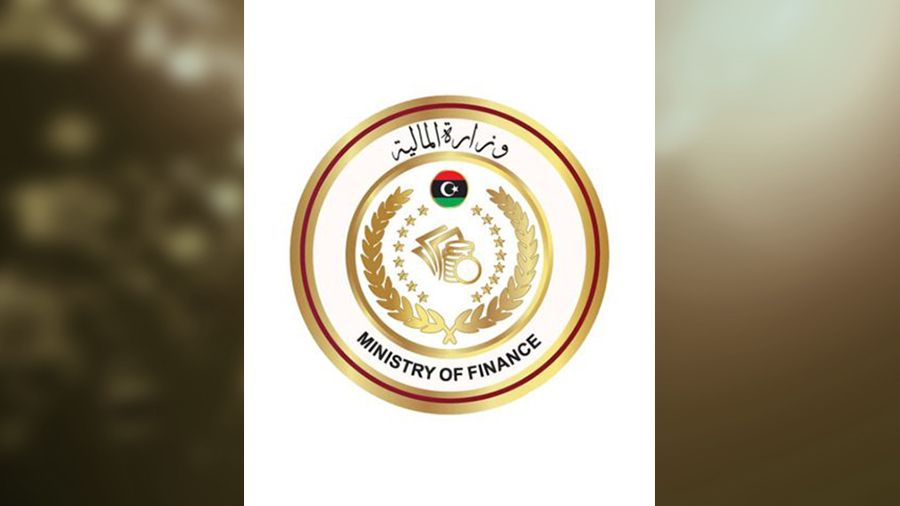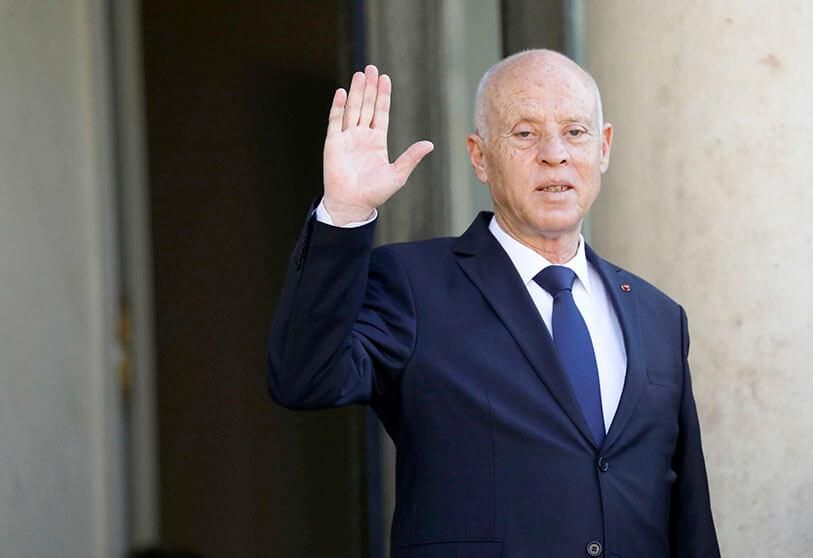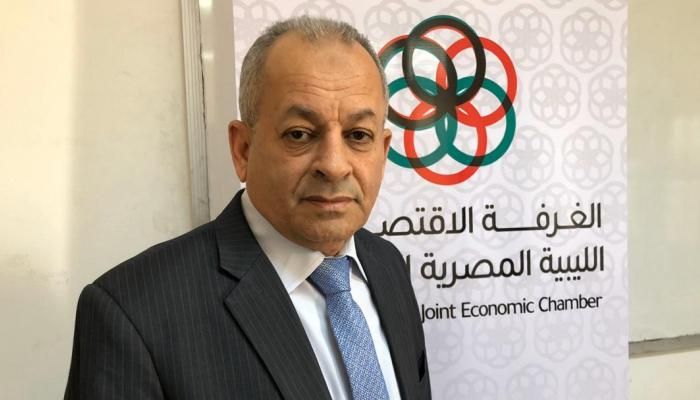UN Report: Libya arms embargo “totally ineffective”
The confict in Libya continued in 2020, fuelled by external powers that channelled money and weapons to factions inside the country. The country’s porous borders, especially in the south, allowed the smuggling of migrants, foreign fghters and weapons to continue unabated.
A United Nations report slammed multiple countries for flagrantly violating a global arms embargo by funneling weapons to warring sides in Libya, as the Biden administration promised a stepped-up diplomatic campaign aimed at stabilizing the country a decade after the Arab Spring.
In a 550-page report made public Tuesday, a U.N.-appointed panel of experts documented scores of shipments of illicit items, including drones and transport aircraft, surface-to-air missiles, artillery pieces and armored vehicles, as well as the deployment of mercenaries to Libya’s two chief factions by Russia, Turkey, Egypt, the United Arab Emirates and others.
“For those member states directly supporting the parties to the conflict, the violations are extensive, blatant and with complete disregard for the sanctions measures,” the group of independent experts, who report to the U.N. Security Council, stated in the report. “The arms embargo remains totally ineffective.”
Libyans ousted a dictator, but an ensuing civil war has drawn in Russia, Turkey and others with a thirst for control
The report, which covers the period from October 2019 through late January 2021, also details some of the myriad other problems that have destabilized Libya in the years since the Western-backed uprising against dictator Moammar Gaddafi in 2011, from armed attacks on airports and oil facilities to targeted assassinations and abuse of migrants seeking to emigrate to Europe.
– Bribes for power –
The experts estimate that up to 2,000 Wagner mercenaries have been deployed in Libya.
“Notwithstanding the ceasefire agreement of 25 October 2020, there have been no indications of any withdrawal from Libya by ChVK Wagner,” they wrote.
Another private Russian company, Rossiskie System Bezopasnosti Group, is cited for its role in refurbishing fighter jets; while the Turkish military contractor SADAT, which has denied any illegal activity in Libya, is also on the list of those incriminated.
The experts reached an identical conclusion when it came to economic sanctions leveled at individuals or entities, citing a “persistent lack of transparency.”
“Implementation of the assets freeze and travel ban measures with regard to designated individuals remains ineffective,” they wrote.
They also say that officials in Libya’s east “have continued their efforts to illicitly export crude oil and to import aviation fuel.”
Refined petroleum products continue to be illicitly exported by land, the report said, adding that while the activity is small it has increase compared to previous years, particularly in western Libya.
The UN experts recommended that the Security Council impose “flag deregistration; a landing ban; and an overflight ban” on aircraft identified as having violated the embargo.
They also asked it to “authorize member States to inspect, on the high seas off the coast of Libya, vessels… that they have reasonable grounds to believe are illicitly exporting or attempting to export crude oil or refined petroleum products.”
The report also said at least three participants in UN-led peace talks held in Tunisia in November were offered bribes to vote for a prime ministerial candidate.
Interim prime minister Abdul Hamid Dbeibah was selected last month during Libyan Political Dialogue Forum (LPDF) talks in Tunis.
“The forum participants involved in the incident were categorical in their rejection of the bribes,” the report stated.
A confidential annex seen by AFP states that two forum members “offered bribes of between $150,000 to $200,000 to at least three LPDF participants if they committed to vote for Dbeibah as PM.”
Libya’s parliament last week approved a unity government headed by Dbeibah, who was sworn in Monday.
Full Report: https://reliefweb.int/sites/reliefweb.int/files/resources/who_libya_annual_report_2020.pdf
